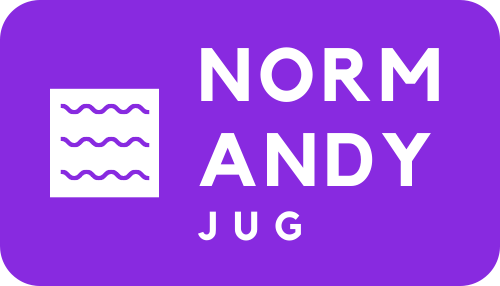AI has found unique uses in a variety of fields and industries. These include smart homes, e-commerce, education, agriculture and gaming.
In e-commerce, for example, it’s used to predict trends and analyze performance. It also helps with inventory management and customer service.
1. Smart Homes
Using Artificial Intelligence, smart homes are connected to the internet and allow users to control their devices and appliances remotely. This includes things like lights, heaters, thermostats and security systems.
This is a great use of AI as it allows people to automate tasks and save money on utility bills. These systems are monitored by the AI and if a change is necessary or something is not working efficiently, the user will be alerted.
Similarly, products such as intelligent blinds can be adjusted to let in sunlight at different times of the day without having to adjust them manually. These products are also a great way to save energy and relax in the comfort of your home.
2. E-Commerce
The e-commerce industry is rapidly growing with the availability of advanced technology. Artificial Intelligence (AI) has a lot of uses in the eCommerce industry that can improve your business operations and increase your revenue.
In addition to boosting your online sales, AI can help you with customer service by delivering prompt and accurate responses through chatbots. It can also improve your AOV by analyzing browsing history to deliver personalized ads.
AI can also be used to manage your inventory efficiently by predicting demand, optimizing packaging and distribution and improving delivery services. It can also provide insight into your company’s stock requirements and suggest the best place to store or ship the product.
3. Education
Education is important because it provides people with the foundational skills they need to succeed in life. It also teaches them about the world in which they live.
AI can be used to monitor classroom conditions and provide feedback on a regular basis to help teachers improve their teaching methods. This can include ensuring students have adequate lighting and making adjustments to heating, air conditioning, and electronic blinds to improve the learning environment.
AI also can help teachers grade student work and evaluate their knowledge. This helps them identify gaps in their learning and create personalized training plans for each student.
4. Agriculture
Agriculture is the science, art, and business of growing crops and rearing animals for human consumption. It also includes processing, storage and marketing of those products.
AI is being used for farming in many ways including workflow automation, data analytics, and personalization. These can help farmers increase their productivity, reduce waste and improve sales.
Artificial intelligence can also be used to monitor the health of crops in real time. This will help them keep track of the condition of the crop and take corrective actions before it becomes irreversible.
Other AI applications include weather forecasting and risk management. By predicting changes in weather, farmers can plan their crops better to ensure maximum yields without putting their health or the environment at risk.
5. Gaming
Gaming is a popular activity for millions of people around the world. It provides a unique entertainment experience and allows people to escape reality. It is also a source of socialization for many people.
In recent years, the video game industry has evolved due to advancements in development engines. Games are now more immersive and interactive than ever.
The video game industry uses AI in various ways, and this trend is expected to continue. Non-playable characters can act creatively as if they were being controlled by a human game player through the video games’ artificial intelligence.
This enables a more responsive and adaptive video game experience to keep players engaged for hours on end. AI also helps in keeping games unpredictable, increasing their play-life.
